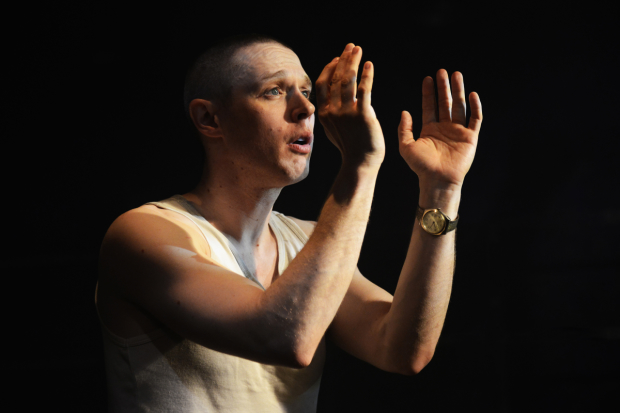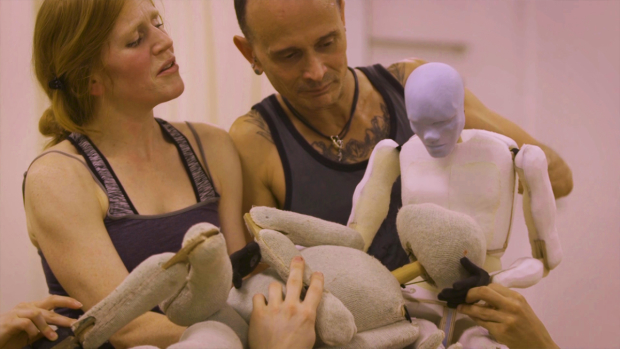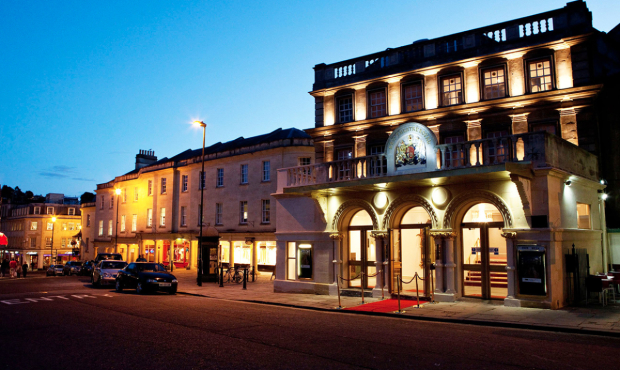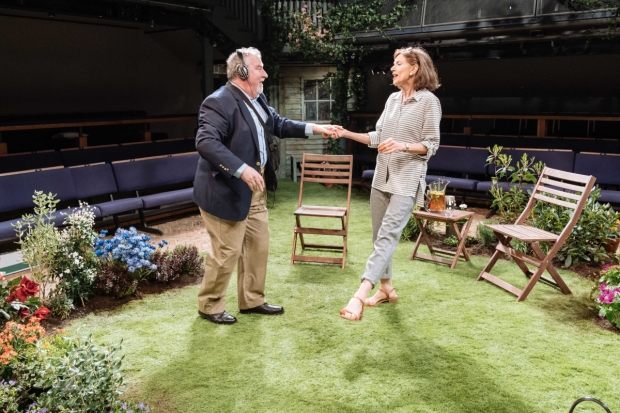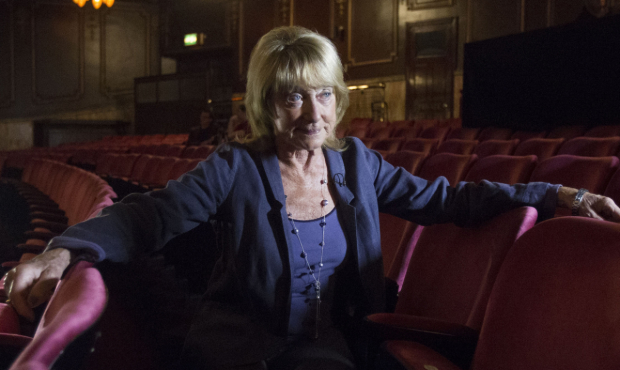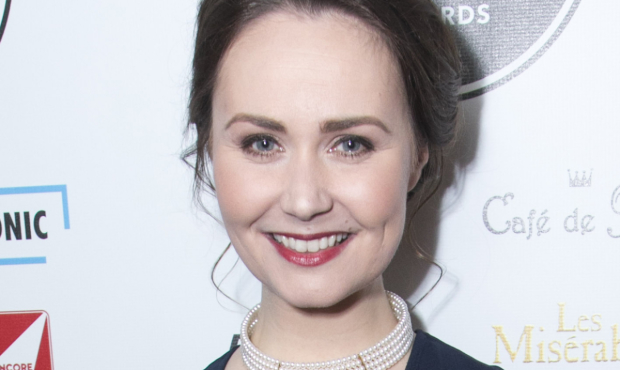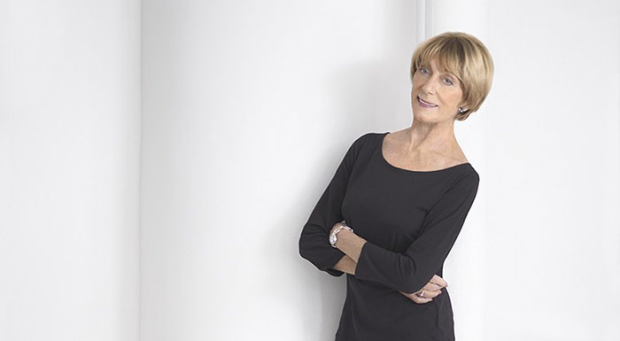Trevor Nunn: 'If I wasn't a director for a job, I would do it as a hobby'
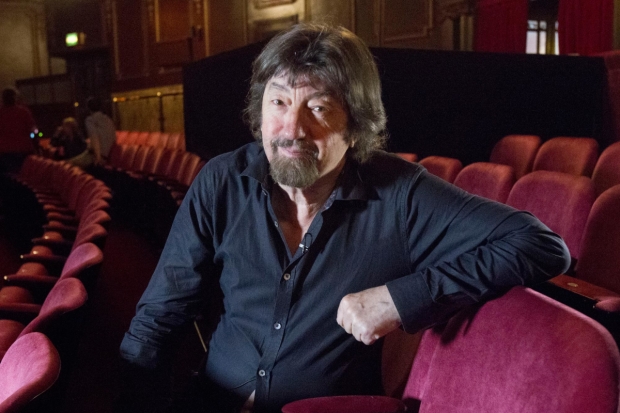
© Dan Wooller for WhatsOnStage
1. How would you describe Agnes Colander in five words?
Prophetic. Chekhovian. Surprising. Subtle. Contemporary.
2. How did you first come across the play?
My friend, the American playwright Richard Nelson, has long been obsessed by the life and work of Granville Barker. He and another friend, the dramaturg Colin Chambers, tracked down the missing play and eventually, amazingly got hold of the one and only typescript of it, hidden away in the British Library. Thrillingly, they asked me to direct it.
3. What have you most enjoyed about working on this production?
There is, of course, a sense of extraordinary privilege, to be doing the world premiere of a play, by a great dramatist, but which was written in 1900. Every page, and every day, we realise how prescient and brave Barker was, and how this work foreshadows debates that are very much with us today in 2018.
4. What do you look for most in the actors you work with?
I look for them to have a sense of ensemble, and the absence of hierarchy. Of course, in this play, which is demandingly intelligent, featuring very articulate people, I knew I must look for actors who loved language and complexity.
5. Did you always think the Ustinov Theatre was the best place to stage the opening?
The play is essentially conversational, and requires an intimate space, in which we, the audience, are, as it were, overhearing very private exchanges. The moment the Ustinov in Bath was mentioned, I was overjoyed that the play would begin its life in a perfect venue.
6. Do you think Harley Granville Barker is an under performed playwright?
Granville Barker is celebrated, once every couple of decades, as his work is given prominence by major productions. The critical response is always one of amazement, that these great plays are not more current. Yes, Granville Barker was a titan, as an actor, a director, a scholar, an essayist, a propagandist and a playwright, as well as a relentless campaigner for a subsidised national theatre company. Yes, he should be honoured by repeated revivals.
7. Do you think the play is particularly relevant for today?
We gasp at every rehearsal as the play touches on things that are not only relevant but actually topical. That said, it gives you pause for thought that things Granville Barker was hoping for concerning the equality of women, have still not been fully achieved more than a century later.
8. What's the hardest thing about working on this show?
That would be, quite simply, the sheer responsibility of living up to Granville Barker’s requirements, and the need to achieve a wider audience for this and the rest of his output.

© Simon Annand
9. What's your earliest stage memory?
I was five. I appeared in the infant school Nativity play, going amongst doting parents as the Old Man, asking them to put a penny in his hat. My teacher said, "You’re a good actor". My fate was sealed.
10. What do you consider to be the moment or play that was a kind of 'big break'?
I have enjoyed a great deal of good luck, but doing a production in Coventry that was seen by the great Peter Hall, was probably the best bit of luck of all. He said, "Come and work with me at Stratford". Overwhelming and life-changing.
11. What would you have been if you hadn't been a director?
Oh, an actor…or a stage manager…or a theatre cleaner. It would have to be something to do with the theatre.
12. What is it that draws you to directing?
You don’t have the space and I don’t have the discipline to answer this at anything other than book length! Everything of the intellect, everything of the emotions, everything of experience, memory, sense of humour and camaraderie is involved – non-stop, all the time… Who could ask for anything more?
13. Had you always thought you would be a director?
I dreamed of being an actor, until I found myself directing an annual event called the Sixth Form concert at school. The impact was instant, so as I was leaving school I formed a theatre company and directed a nice little simple project. It was called Hamlet by William Shakespeare. I was nineteen. So maybe not 'always' but near as dammit.
14. Who are your idols?
Peter Hall. John Barton. Peggy Ashcroft. Tom Stoppard. Stephen Sondheim…am I allowed to say William Shakespeare?
15. If you could go back in time and change one thing, what would it be?
So many things one regrets at the time, turn out eventually to have been a bonus. We live in a random universe, so if I changed one thing, hundreds of other things would never have happened. So, I’ll stick.
16. What have you seen onstage recently?
My friend Michael Oakley’s production of Much Ado About Nothing, in the open air at the Globe. It was bitterly cold and windy and more snow was forecast. When a show can make you forget all that, then you really know you’re having fun. Bravo to that delightful company.
17. You've been working non-stop for 50 years, how would you describe your work ethic?
If I didn’t do what I do as work, I would do it as a hobby, as play, as fun. How lucky can you get discovering that work is what gives you more pleasure than anything else (well, apart from being with my children) and that the pleasure gets more the older I am?
18. So what do you do to unwind in your spare time?
As above, spend time with the children, and watch Match of the Day, and the news around midnight… and if I’m really lucky, I can nip away on Eurostar and spend a couple of days in magical Paris.
19. Is there a play you've never directed but you would really love to?
I’ve just completed doing all 37 of Shakespeare’s canon, though there are a few I would love to do again. I yearn to do Uncle Vanya – I’ve set it up twice and then got beaten to the tape – so I suppose that leaves The Duchess of Malfi.
20. What advice would you give to aspiring directors?
We are, of course, often surrounded now by the need for productions to be 'conceptual' and young directors must be prepared to meet that growing requirement. But I would still urge the next generation to combine as totally as humanly possible with the writer – love the writer, honour the writer, release the writer, deliver the writer…the writer is the beginning and the end.
Agnes Colander runs at the Theatre Royal Bath's Ustinov Studio from 21 March to 14 April with previews from now.



